Sustainable Tourism Development: A Qatar Case Study Report
VerifiedAdded on 2023/03/20
|14
|814
|84
Report
AI Summary
This report provides an overview of sustainable tourism development, with a specific focus on Qatar. It begins by introducing the concept of sustainability in tourism, also known as eco-tourism, and highlights its importance in the current market. The report then explores factors that hinder sustainable tourism, such as the lack of environmental protection practices and stakeholder involvement, and discusses the various stages involved in planning for sustainability, including setting goals, identifying stakeholders, gathering data, allocating resources, and formulating plans. The report emphasizes the importance of ecological processes, cultural preservation, and equitable opportunities. It also analyzes the roles of different stakeholders and the need for proper resource management. Finally, it concludes by emphasizing the crucial role of sustainable tourism in economic growth and success, offering countries opportunities to improve their economic conditions through increased visitor numbers. The report also includes a list of relevant references.
1 out of 14
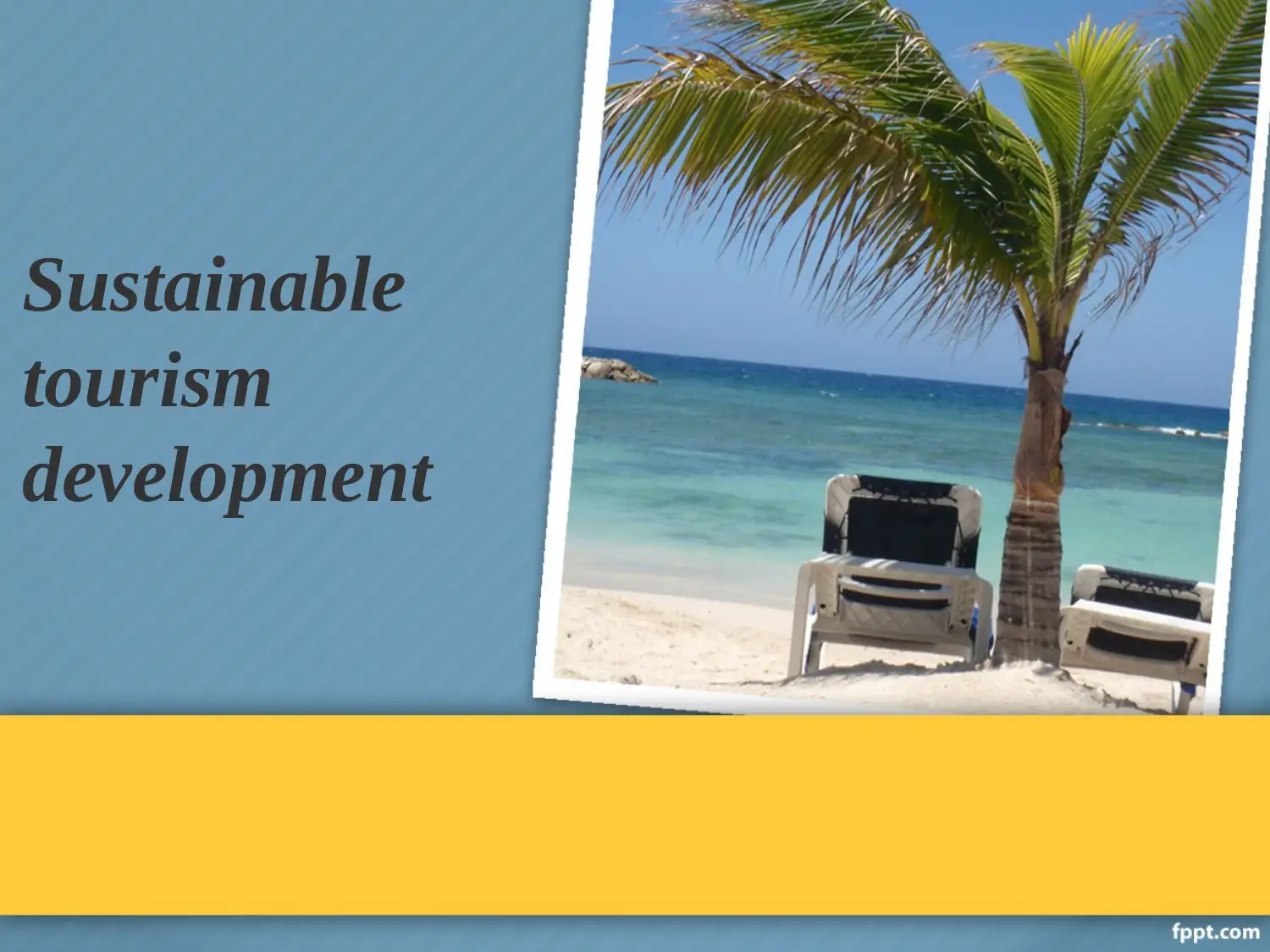
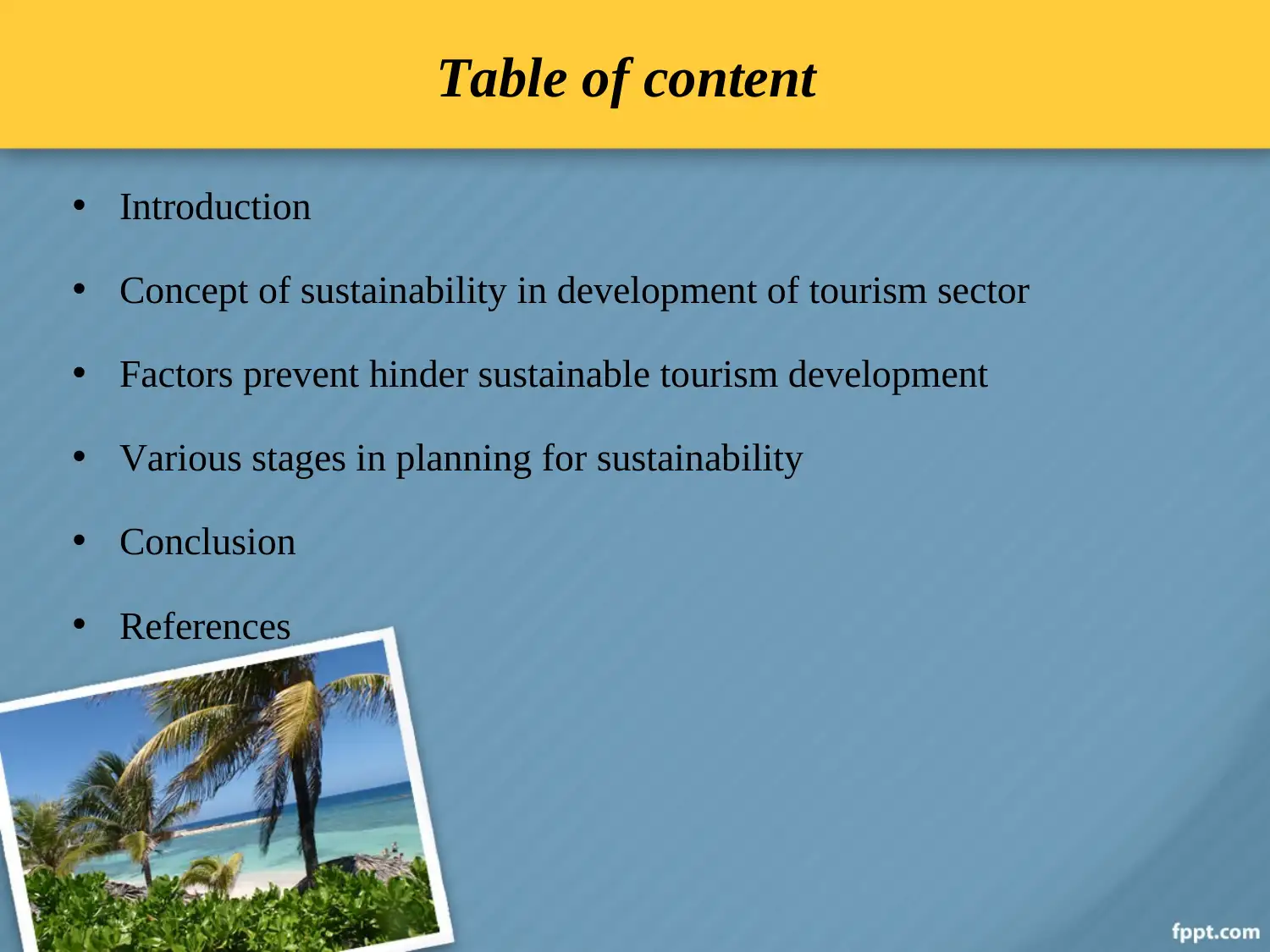
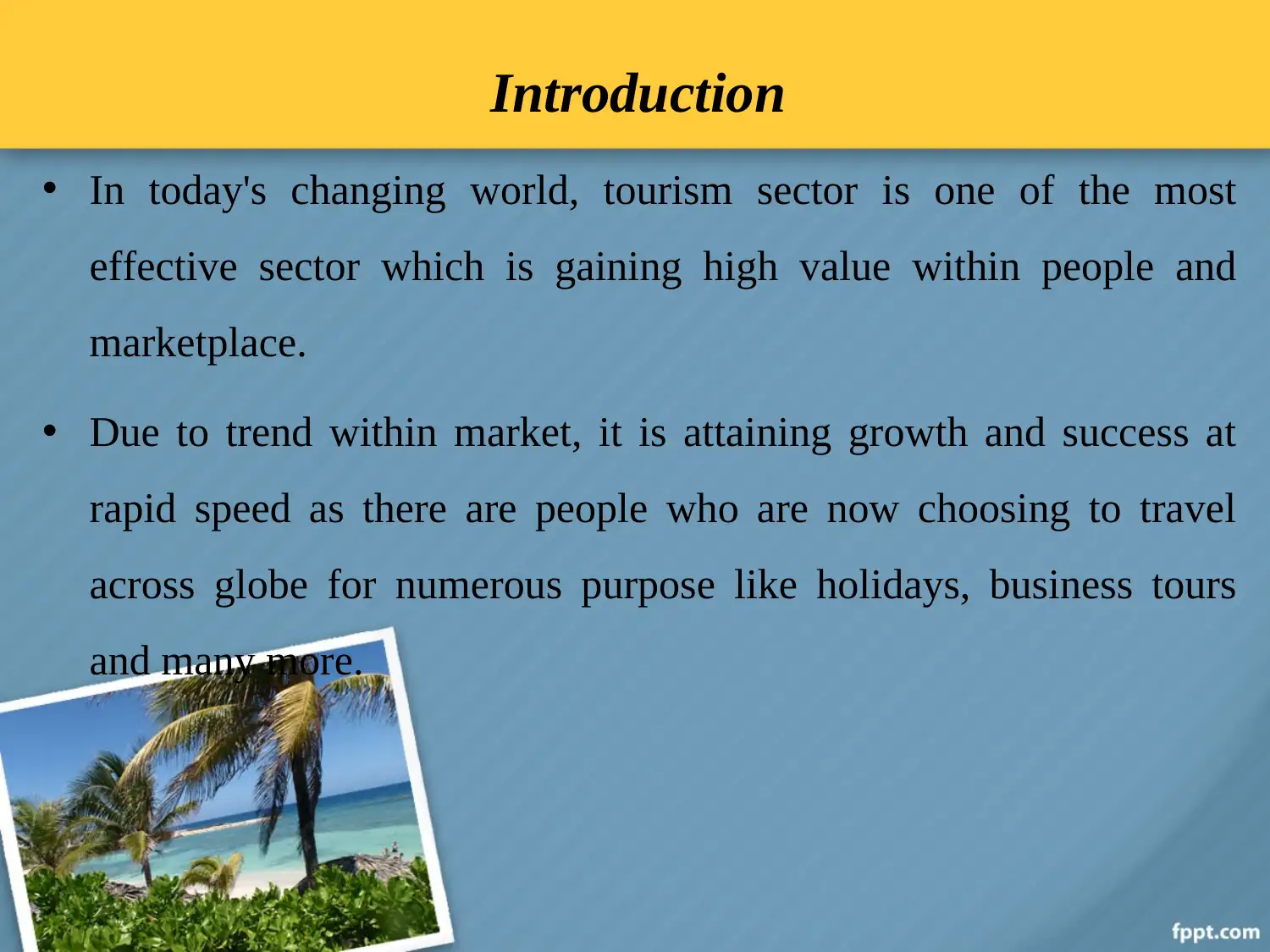

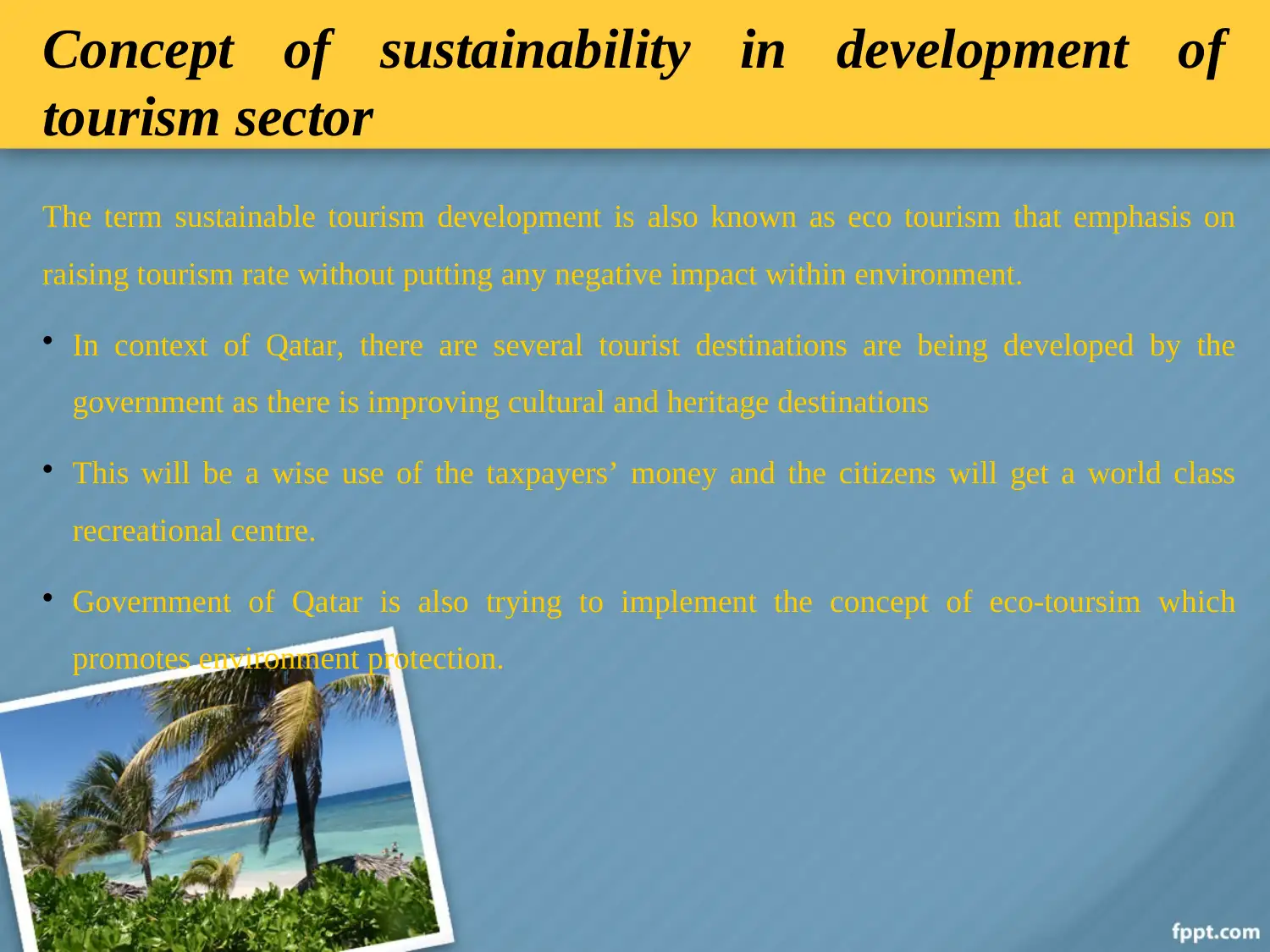
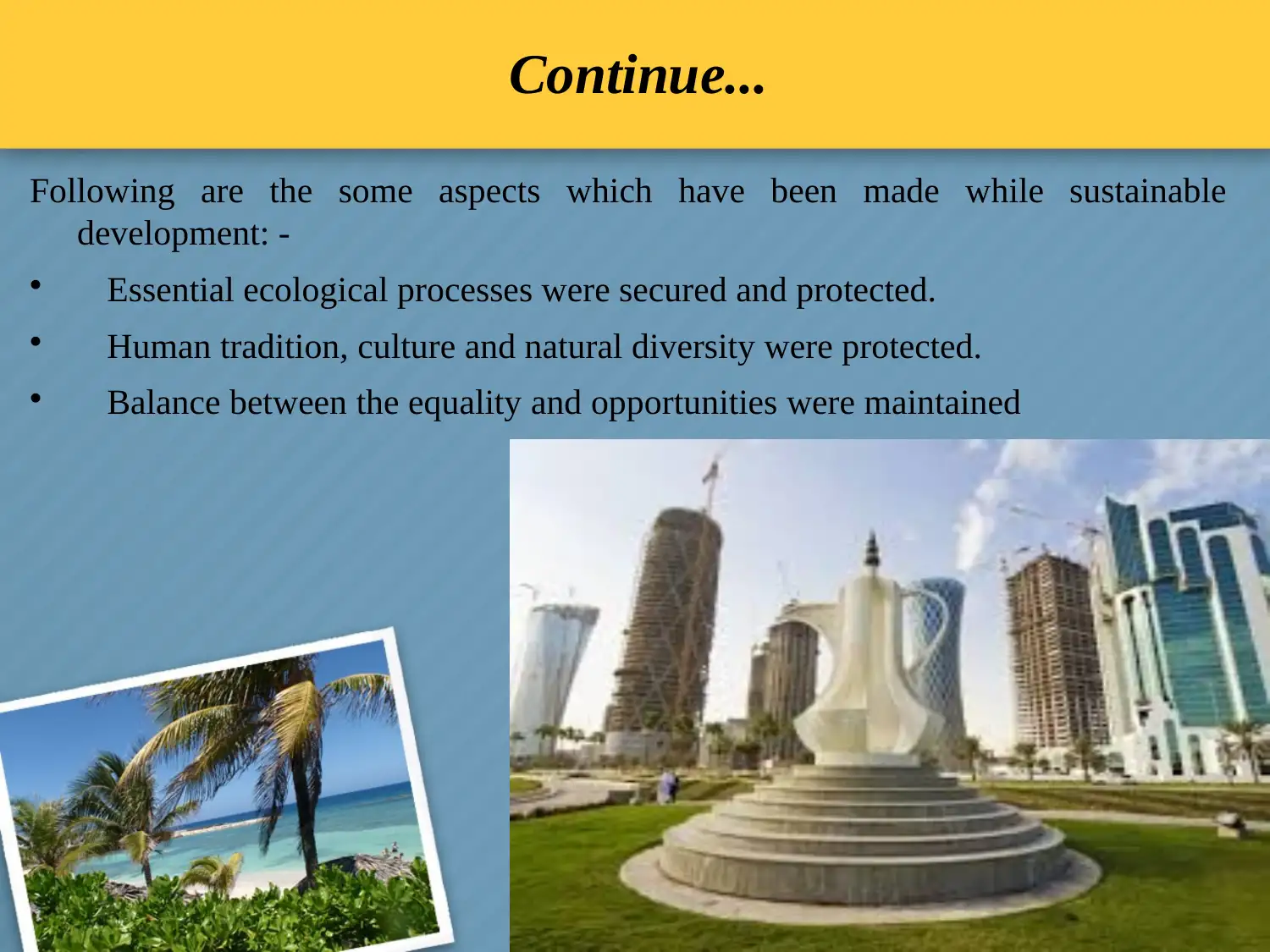
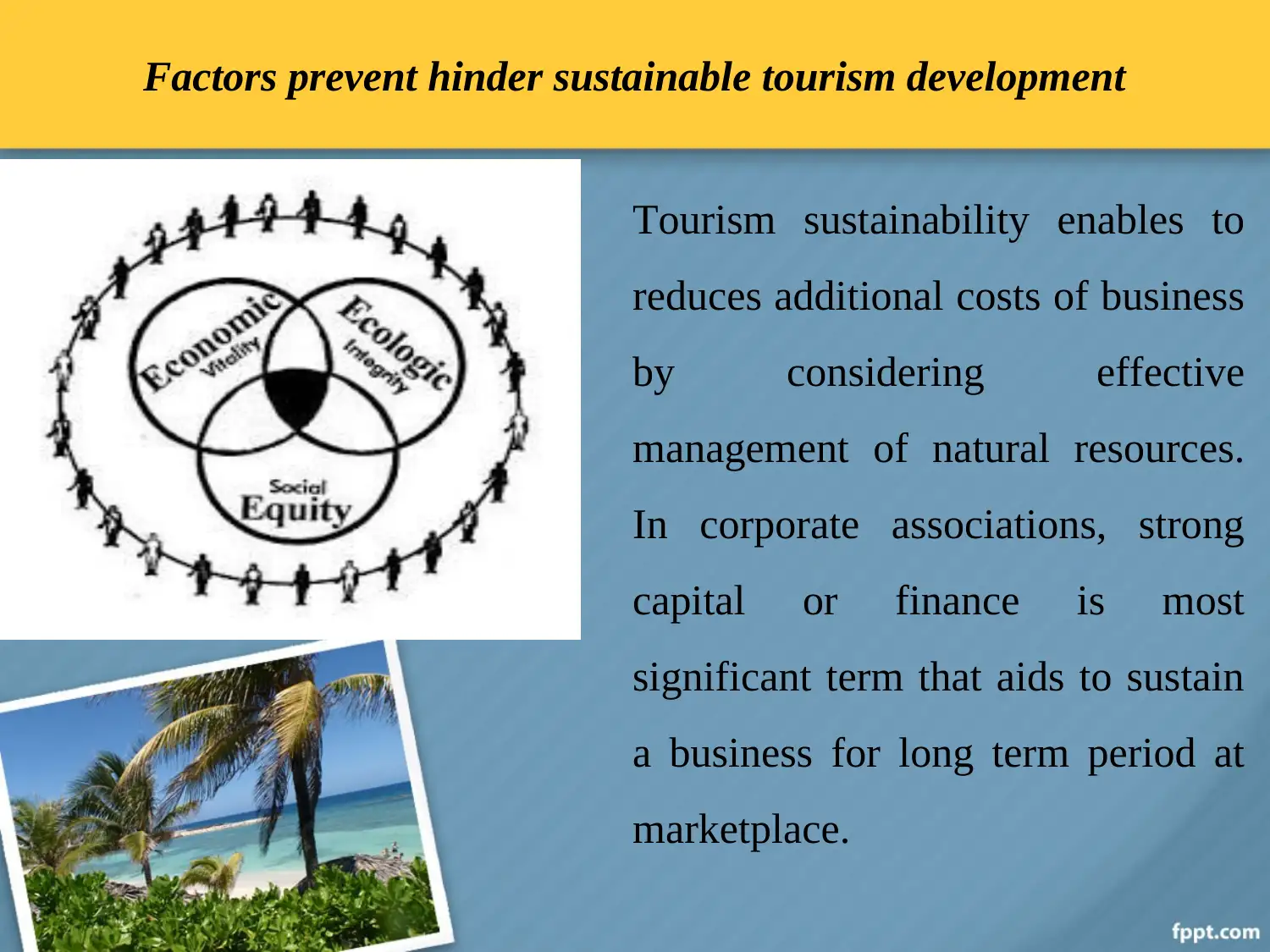
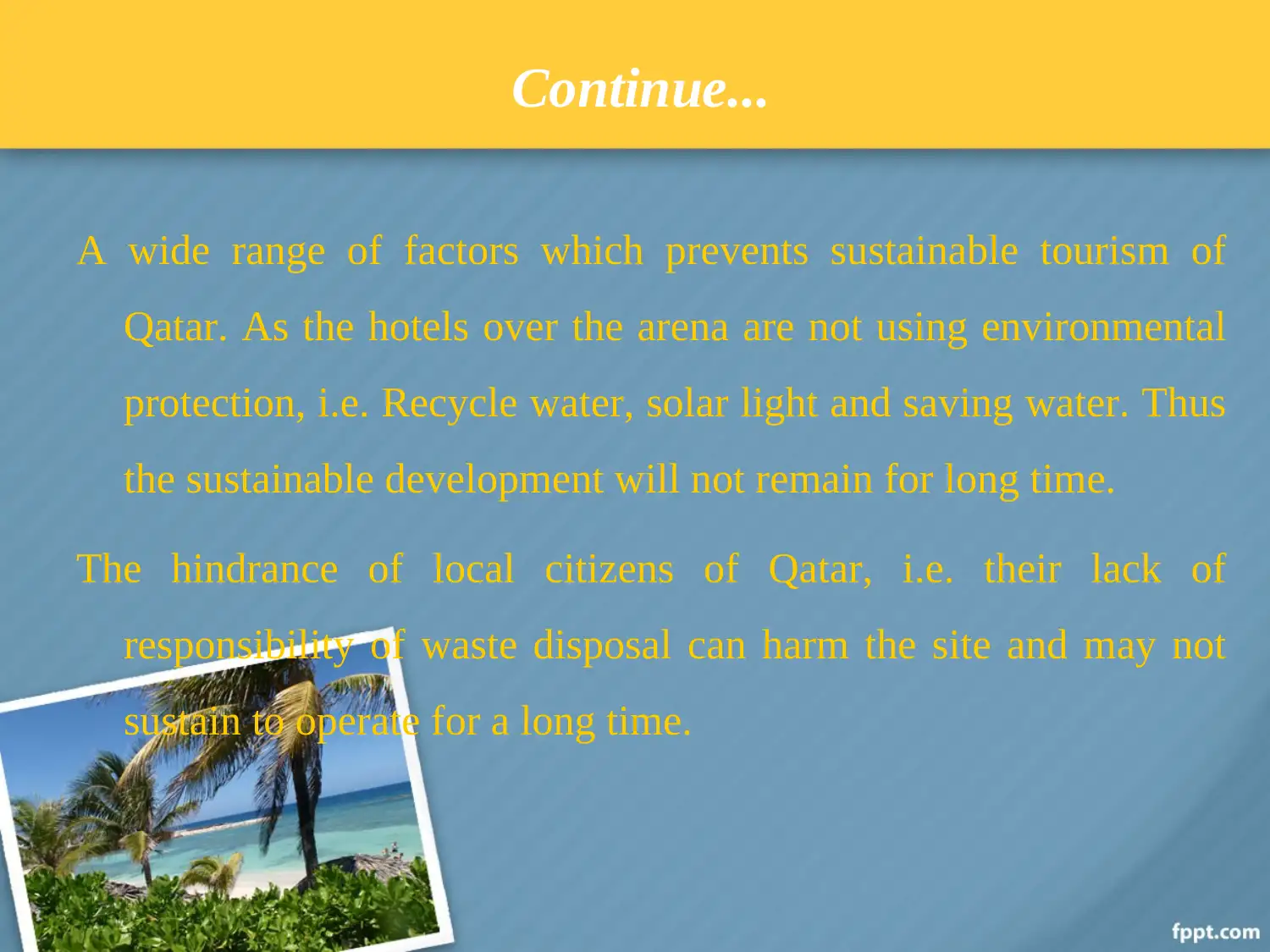
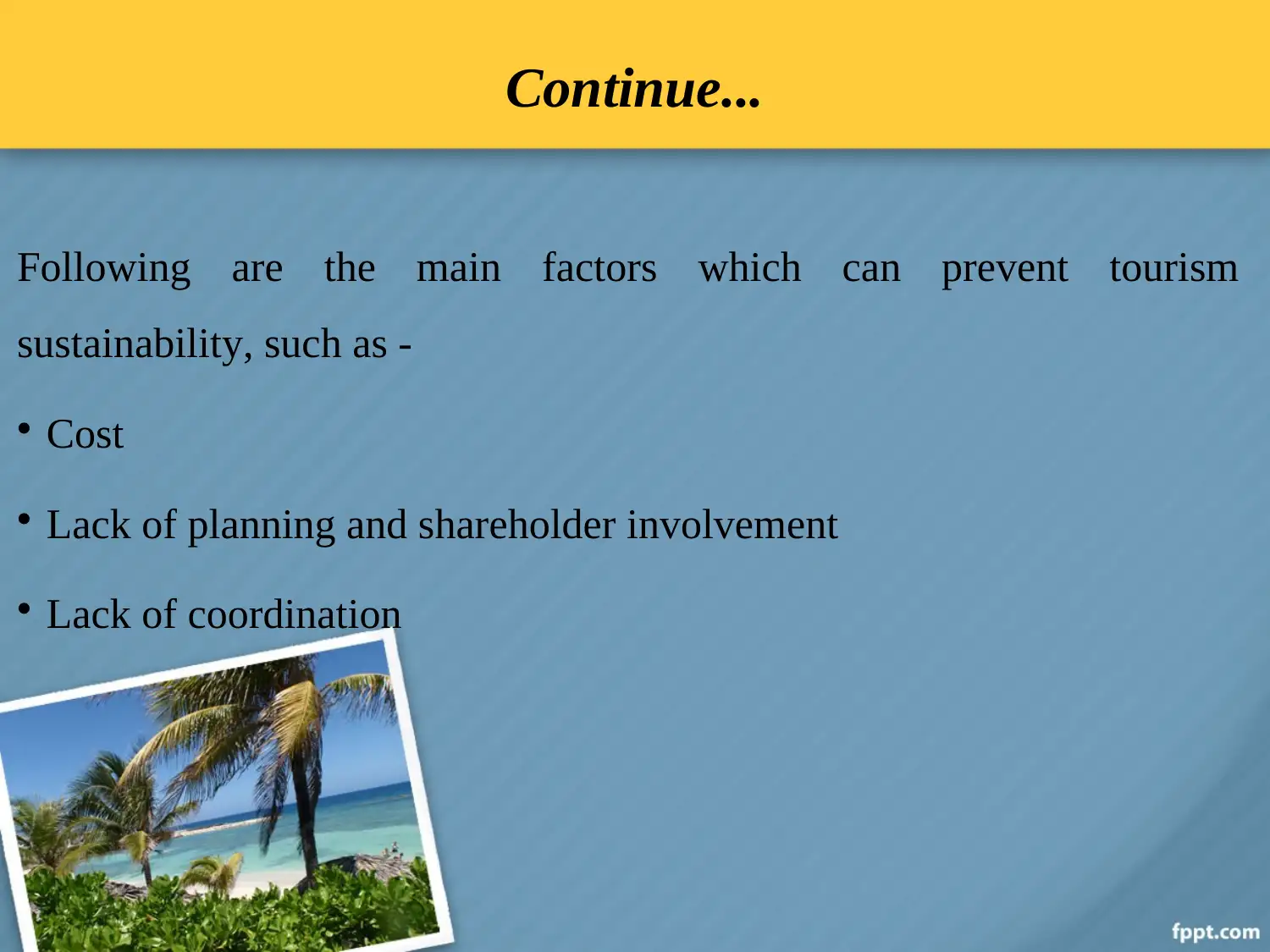
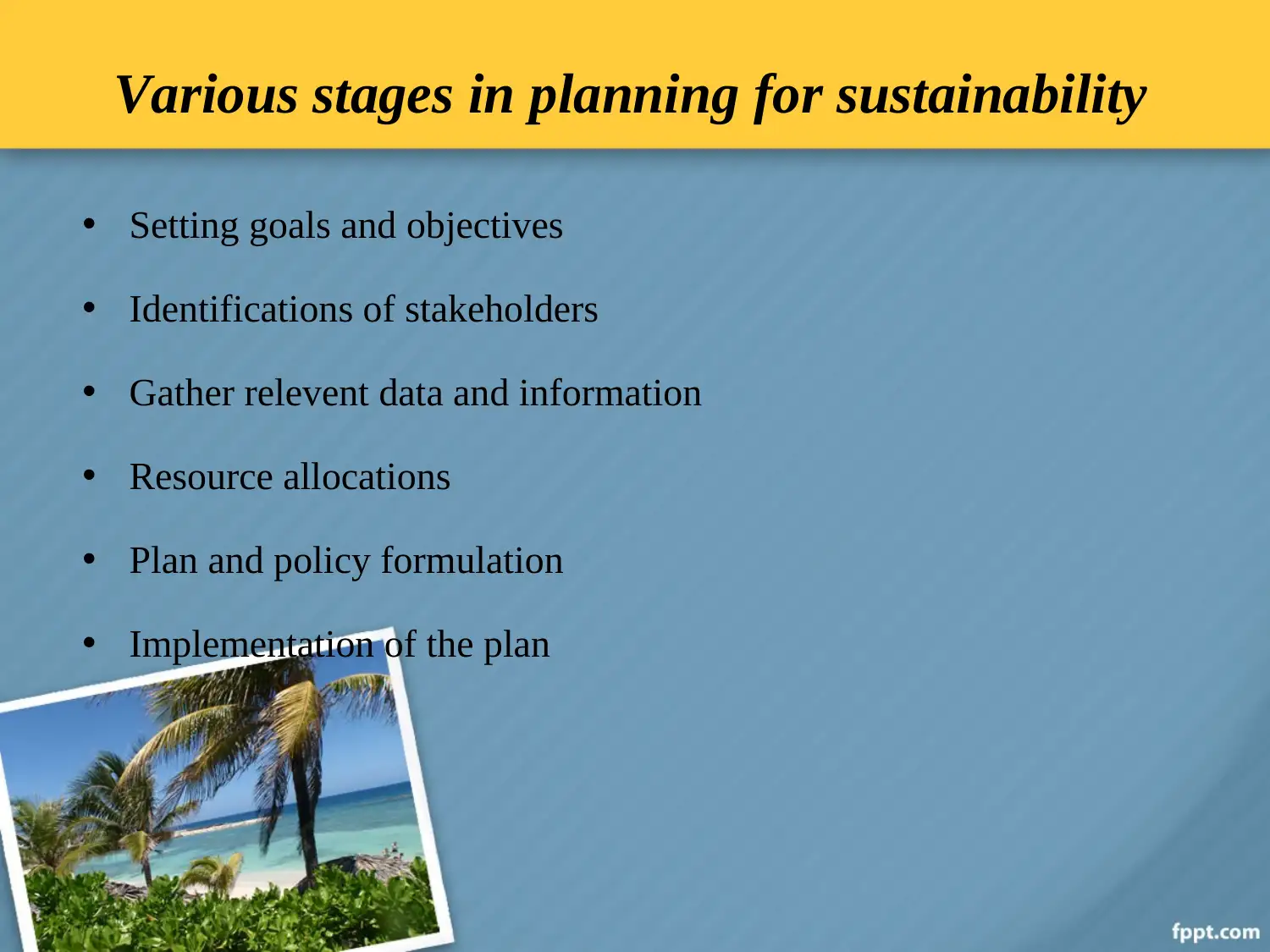
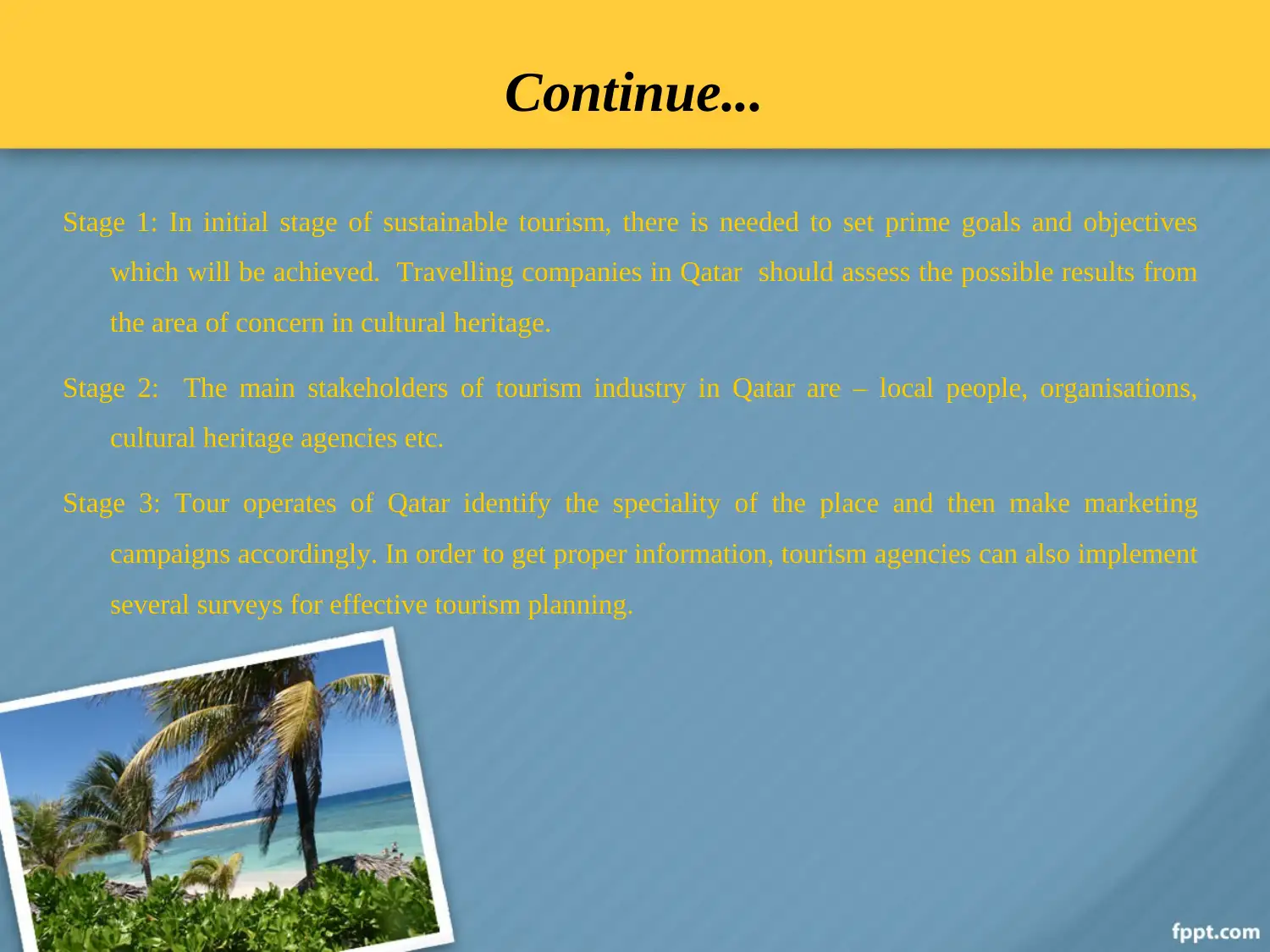
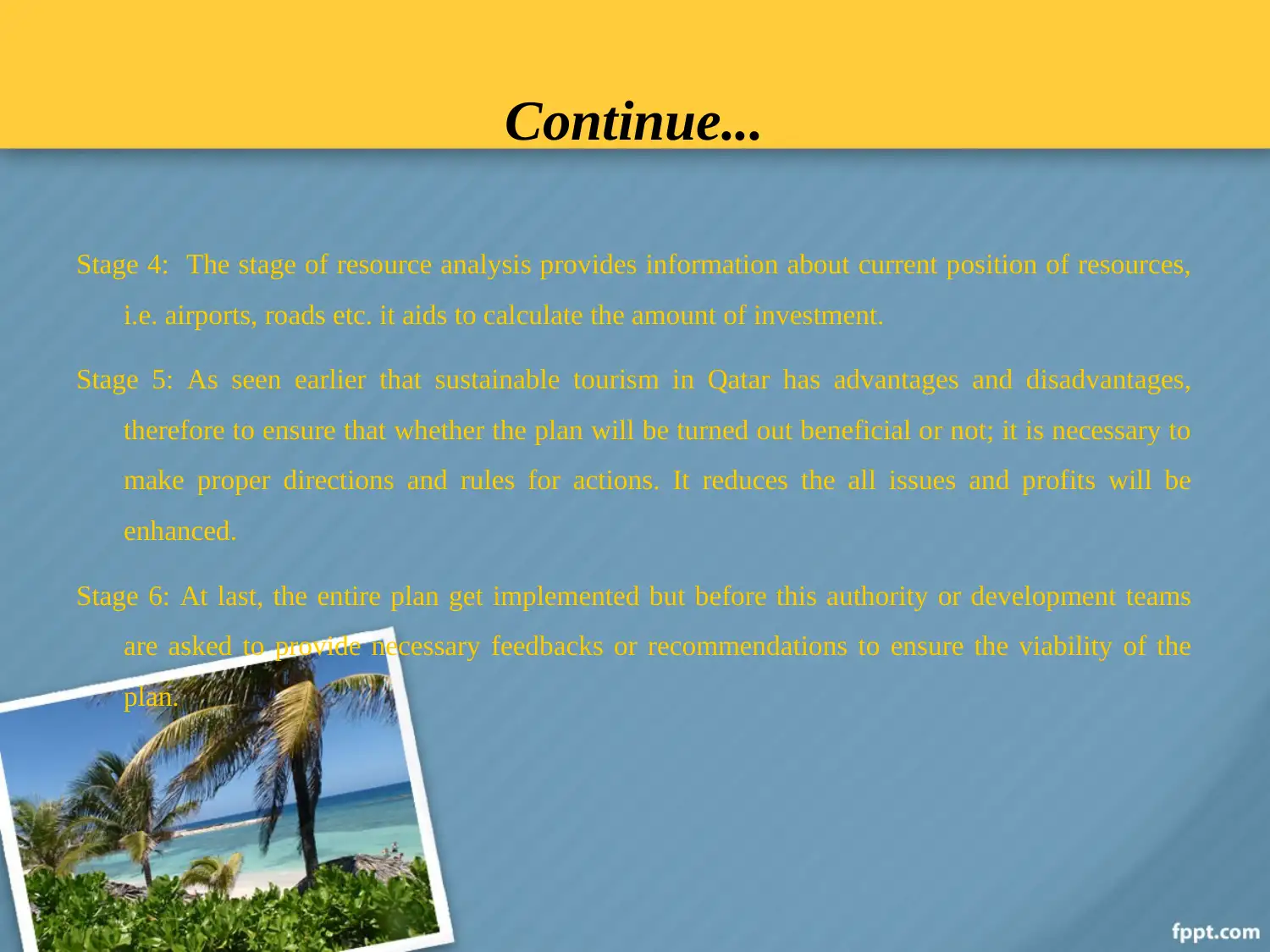
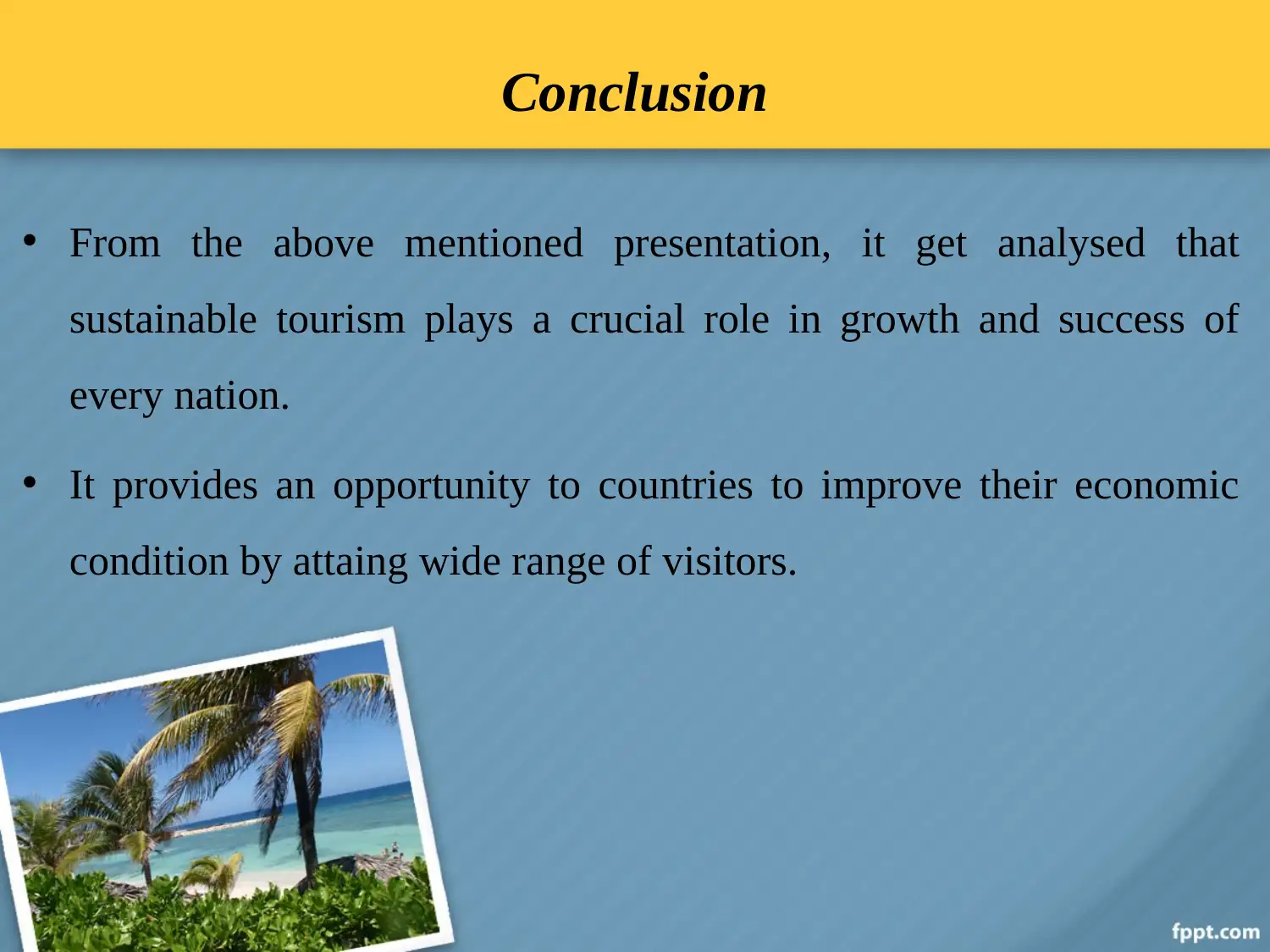





![[object Object]](/_next/static/media/star-bottom.7253800d.svg)